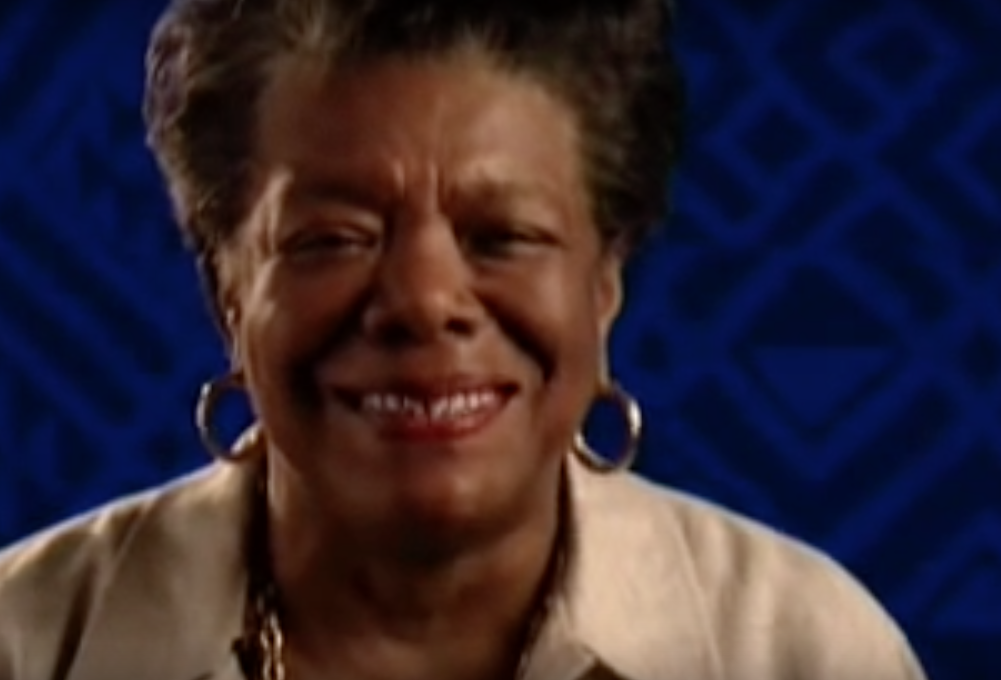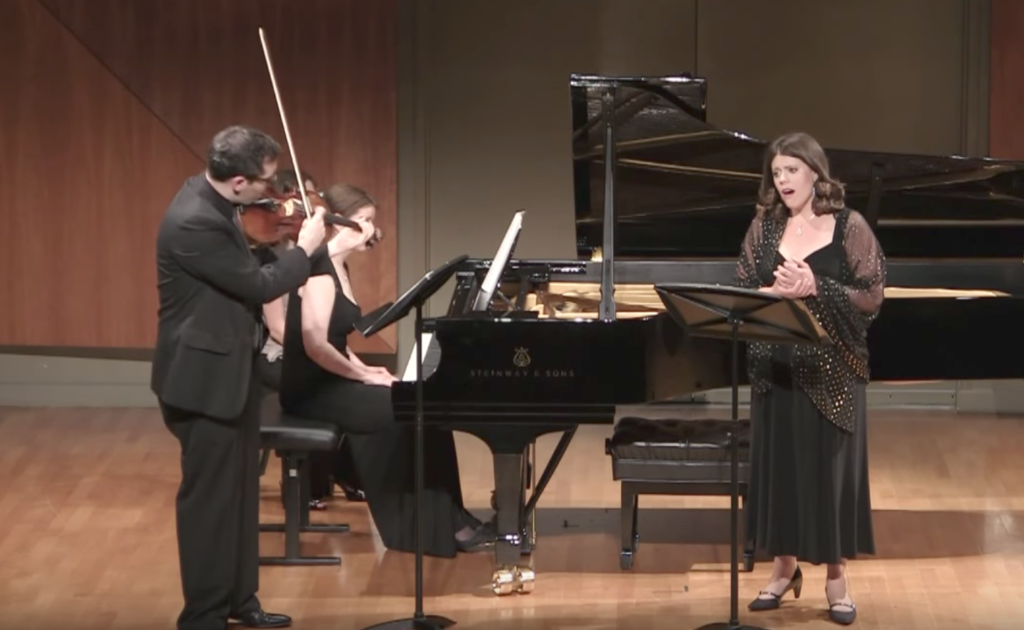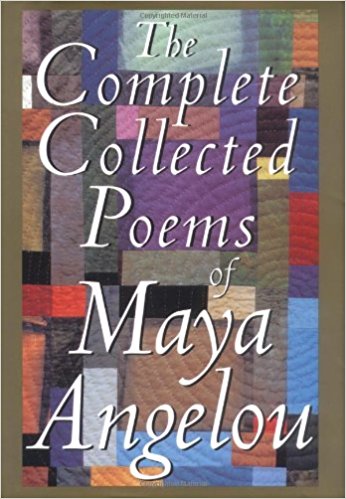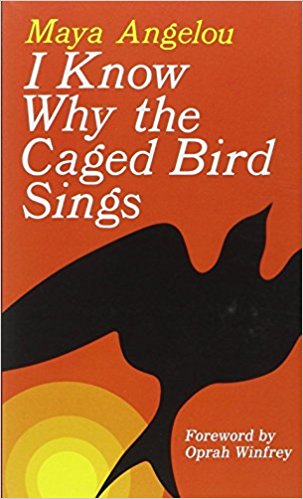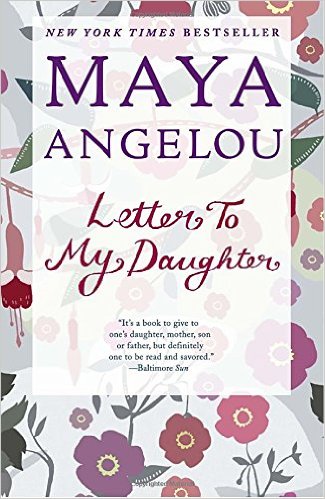Audio
Track:
About
Born in St. Louis, Maya Angelou is best known for her autobiographical novel I Know Why the Caged Bird Sings (1970), which was immediately proclaimed an international success. Despite traumatic events that occurred when she was a child (she was raped by her mother’s boyfriend when she was seven years old and refused to speak for the next five years), Angelou was a prolific reader at a young age and graduated the top of her class in eighth grade. As a teenager, Angelou won a scholarship San Francisco’s California Labor School for her love of the arts. After dropping out, becoming the first female cable car conductor, and giving birth to her son Guy, Angelou graduated high school and worked many odd jobs to support herself and her son.
Her big break came in 1954 with a touring production of Porgy and Bess, and in the late 1950s, Angelou joined the Harlem Writers Guild and became associated with important writers, such as James Baldwin, and important Civil Rights Leaders, such as Malcolm X and Dr. Martin Luther King Jr. After working as the northern coordinator for Dr. King’s SCLC, Angelou worked in Cairo and Ghana in West Africa. When she returned to the United States in the mid-1960s, fellow writers encouraged her to write her autobiography, and I Know Why the Caged Bird Sings, winner of the National Book Award, became the first of Angelou’s six autobiographies.
Though Angelou’s poetry is praised more for content than form and “poetic virtue,” her 1971 volume Just Give Me a Cool Drink of Water ‘fore I Diiie was nominated for the Pulitzer Prize in 1972. Her screenplay Georgia, Georgia was also produced in 1972, making her the first black woman to have a screenplay.
Besides her literary success with Caged Bird, Angelou’s fame increased in the early 1990s when President Bill Clinton invited her to write and read a poem at his inauguration. Her poem “On the Pulse of Morning,” composed for the occasion, not only addresses social injustices but also calls for peace and acceptance at the beginning of a new chapter of American history.
–Christie Finn
Related Information
Songs
A Great Hope Fell: Songs From Civil War
Song CollectionJake Heggie
Maya Angelou
Annie Davis
Emily Dickinson
Paul Laurence Dunbar
Stephen Foster
Patrick Sarsfield Gilmore
Julia Ward Howe
A Woman's Life
Song CollectionRichard Danielpour
Maya Angelou
Africa
Jake Heggie
Maya Angelou
Song Collection: A Great Hope Fell: Songs From Civil War
America
Jake Heggie
Maya Angelou
Song Collection: A Great Hope Fell: Songs From Civil War
Ailey, Baldwin, Floyd, Killens, and Mayfield
William Bolcom
Maya Angelou
Song Collection: Let Evening Come
Let Evening Come
Song CollectionWilliam Bolcom
Maya Angelou
Emily Dickinson
Jane Kenyon
Maya Angelou Songs
Song CollectionB. E. Boykin
Maya Angelou
Portraits
Song CollectionRichard Danielpour
Maya Angelou
Videos
Books
Sheet Music
Let Evening Come
Composer(s): William Bolcom
Song(s): 1. Ailey, Baldwin, Floyd, Killens, and Mayfield
2. 'Tis Not That Dying Hurts Us So
3. Let Evening Come
Portraits
Composer(s): Richard Danielpour
Song(s): 1. The Chinese bride (18th century)
2. The War Widow (American Civil War)
3. The Plains Woman (Native American woman, mid 19th century)
4. Afro-American woman (20th century)
Voice Type: Mezzo-Soprano
Buy via Music Sales ClassicalA Woman's Life
Composer(s): Richard Danielpour
Song(s): I. Little Girl Speakings
II. Life Doesn't Frighten Me
III. They Went Home
iV. Come and Be My Baby
V. Let's Majeste
VI. My Life Has Turned to Blue
VII. Many and More
Voice Type: Soprano
Buy via Music Sales Classical

